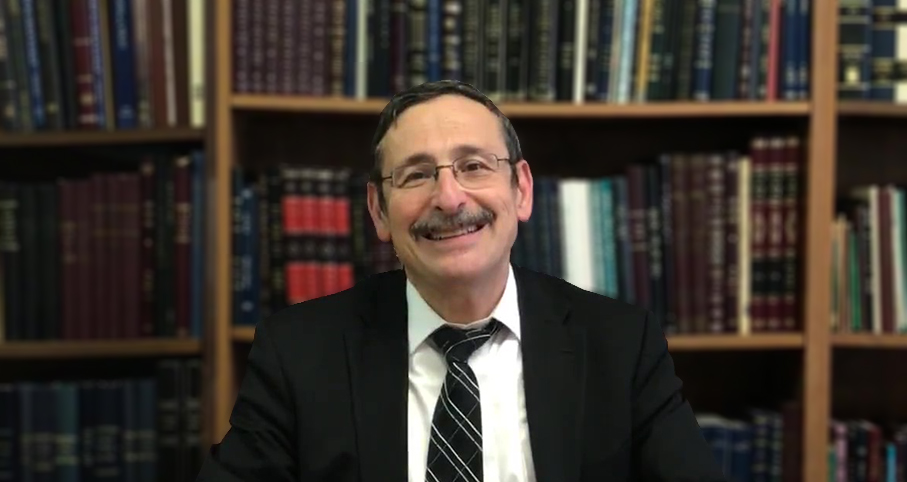- Sections
- Parashat Hashavua
1013
Commentaries struggled with the hardening of Pharaoh’s heart, as it should have exempted him from punishment. The Rambam (Teshuva 6:3) says that the hardening was part of the punishment. However, it is difficult why he needed the hardening, as there was so much to punish for in his past behavior. The Ramchal (Derech Hashem 5:1) explains that the "image of G-d" that man has means that man can reach levels that are innate to the Divine by wrestling with and subduing the evil inclination. One of the inclination’s trick’s is to blind the person so that he should not see alternative actions, like a drug addict who stops believing that he can stop being a drug addict. When we infer from the Torah that certain sins pollute the heart, it means that one stops sensing the battle and happily continues to do the sin without noticing the alternatives.
We distinguish between people who act properly and run to good things and those who unfortunately run to bad things (Berachot 28b). One who has developed a proclivity to sin is like one who runs to sin and thereby creates a dependency on sin. The worst thing is for one to become like a robot who can no longer decide on his actions but is almost forced into the actions or like an addict who knows he is destroying himself but cannot stop.
It is actually the performance of sins that makes the person’s heart hard, as one sin brings on another until the sinner develops an ideology of sin that denies other approaches. He forgets the idea of being able to strive for being in the "image of G-d." But man is in the image of G-d, as Hashem breathed into us a "soul of life" (Bereishit 2:7). Moshe repeated over and over in Sefer Devarim that we have freedom to choose goodness.
This is what the Torah meant by "because in the desires of my heart I shall go." The sinner says that he will not be punished because there is no alternative to the way he is acting, as he is addicted. The fact that he acted as he wanted pushed him into that position. Therefore, that which infuriates Hashem is the statement that I will follow what I want, for from that point on, there appears to be little hope to do otherwise.
However, hope in the form of teshuva (repentance) always exists and, in fact, is close and "in your mouth and heart to do it" (Devarim 30:14). If we can look past the façade that the evil inclination spreads out before us we will see that the path to repentance is much closer than we could see.
thieves, and we are just returning to reclaim it.

Forgetting a Day of Sefirat Ha'Omer
Rabbi Yosef Tzvi Rimon | 5778

Historical View of Rav Mordechai Yaakov Breish (Chelkat Yaakov)
Various Rabbis | 5775

Understanding the Shalom Zachor
Rabbi Avraham Rosenthal | Cheshvan 12 5780

Performing a Proper Hesped
Rabbi Yirmiyohu Kaganoff | 5771
Daf Yomi Makkot Daf 8
R' Eli Stefansky | 18 Nisan 5785
Daf Yomi Makkot Daf 9
R' Eli Stefansky | 19 Nisan 5785






